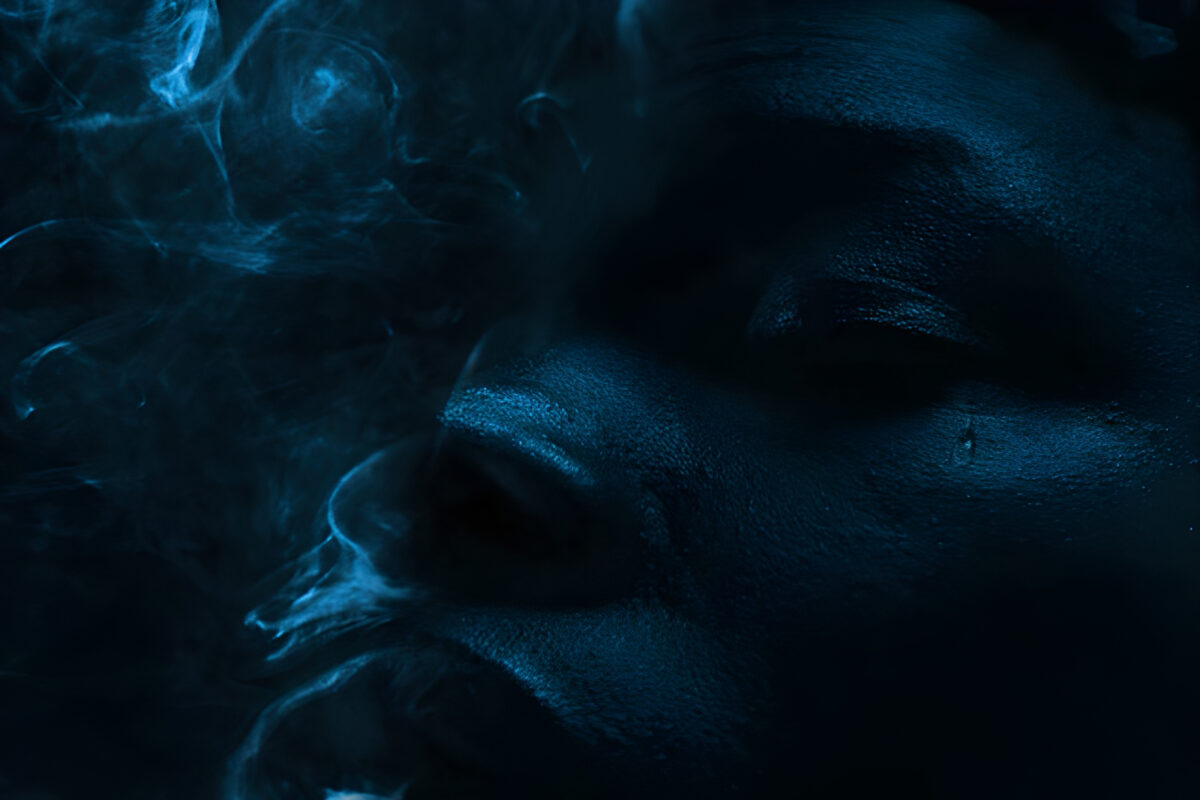Released: 2021
In ‘Welcome Back, Dummy,’ Yung Bleu delivers a narrative centered on betrayal, heartbreak, and introspection. The song’s essence reflects the feelings of vindication and self-reflection after a turbulent relationship. With the return of an ex-lover, he reveals mixed emotions, underscoring the theme that the ‘grass isn’t always greener on the other side.’
The recurring hook “Welcome back” sets the tone, serving both as a sarcastic welcome and a testament to Yung Bleu’s self-respect. He asserts that life has been just fine without his former partner, highlighting a sense of satisfaction from seeing her return, realizing the flaws in her choice to leave.
In the first verse, Yung Bleu calls out his ex for thinking she could find something better. “Since you’ve been gone for a minute” suggests her prolonged absence, during which he maintained his stability. “I hope he broke your heart a thousand times” illustrates his desire for her to experience what he did, creating a bitter cycle of hoped retribution. This section speaks to a universal human experience of wanting others to understand your pain through their own struggles.
Throughout the lyrics, Yung Bleu uses metaphorical language, particularly when discussing the notion that ‘grass ain’t greener.’ It’s a vivid representation of misguided perceptions when leaving a situation one doesn’t fully appreciate. The realization of her mistakes leads to embarrassment and a return, “got you runnin’ back to me,” highlighting his anticipation of this moment.
Despite the bitterness, there’s a layer of vulnerability present. Yung Bleu doesn’t shy away from his faults, acknowledging, “I’m probably guilty, I probably did my dirt.” It’s an admission that adds depth, portraying the relationship’s complexity. The acceptance of mutual harm adds an emotional honesty that enriches the narrative.
In the chorus, the repetition of ‘Welcome back’ contrasts his prior assertion of independence. By never changing ‘the locks on the doors,’ Yung Bleu conveys that he was always prepared for her return. This could suggest a lingering attachment, or a psychological strategy to teach her a lesson, demonstrating that his life wasn’t disrupted by her departure.
The second verse builds on the theme of self-awareness and introspection. Yung Bleu muses over his emotional state, using visceral imagery with lines like ‘I can’t see nothin’ but red.’ This denotes anger and passion, painting a picture of emotional turbulence, hinting at his inner turmoil even when projecting outward calm.
Yung Bleu confronts the aftermath of infidelity and regret. He reflects on mutual harm, “she hurt me second because I hurt her first,” accepting that his actions contributed to their toxic dynamic. This honesty underlines the narrative’s depth, suggesting that personal growth and acknowledgment are key to moving forward.
His perspective shifts slightly, noting her attempts to navigate a new relationship, only to find it doesn’t fulfill her expectations. By ‘turning her to a demon,’ Yung Bleu critiques her choices, possibly implying she adopted negative traits she once despised in him. This not only builds his narrative of vindication but underscores the inevitable dissatisfaction in seeking superficial change.
Overall, ‘Welcome Back, Dummy’ encapsulates a tale of redemption through introspection. Yung Bleu crafts a narrative that’s raw and reflective, using colloquial language and vibrant metaphors to address a theme relatable to many who have experienced tumultuous relationships. His artistic vulnerability offers listeners both an emotional outlet and a reminder of the lessons that can arise from heartbreak.






